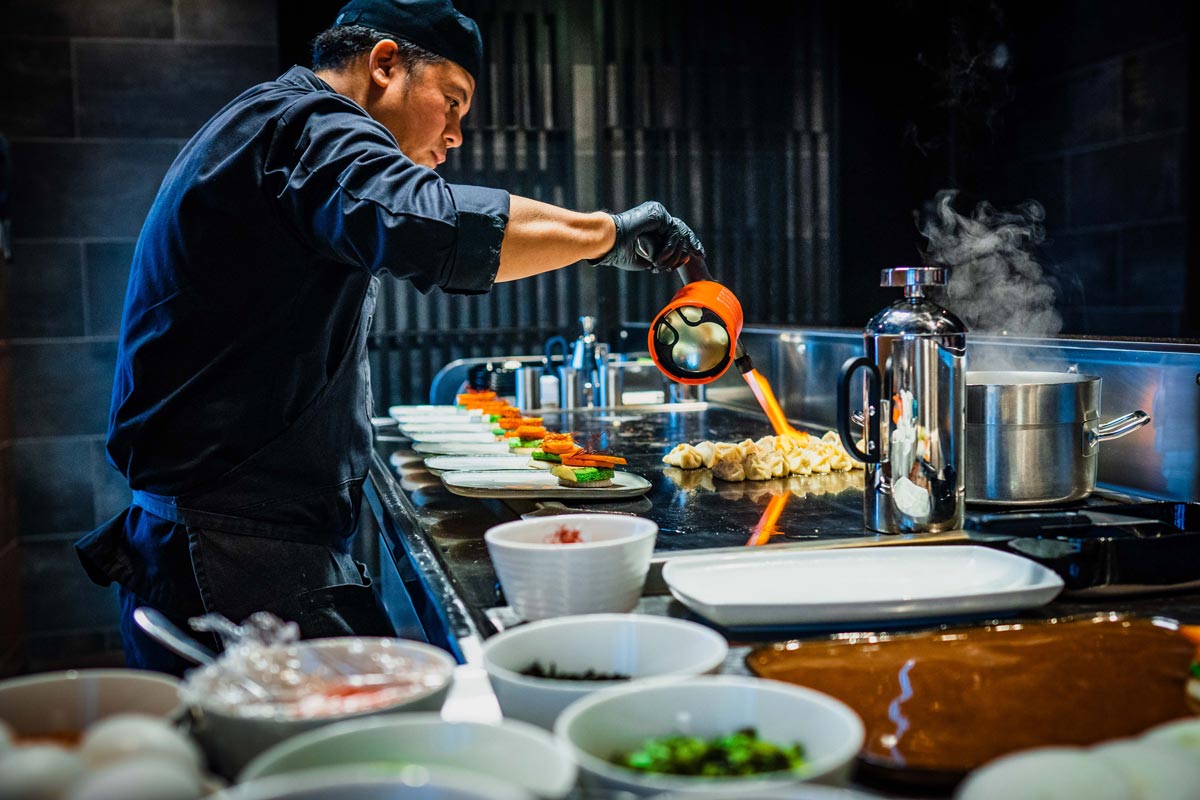This research examines the perceived value of service digitalization in fine-dining restaurants in France. No study exists on this topic, and the aim of this research was to address this research gap. To do so, a conceptual framework of the perceived benefits and costs of the service digitalization was developed. To obtain in-depth information, we interviewed 24 fine-dining restaurant managers (listed in the Michelin Guide) and 29 customers of fine-dining restaurants using a video titled “The Restaurant of the Future.”
The findings underline the perceived benefits and costs of service digitalization for both restaurant managers and their customers. Our study highlights that fine-dining restaurants are highly experience-centric compared to other types of restaurants and recommends which services should be digitalized and which should not be to create and manage experiences throughout the customer journey.
For example, in many fast-food chains (e.g., Burger King, KFC, McDonald’s), where speed of service is critical and menus are simpler, digitalizing the whole customer journey or incorporating the use of SST (Self-Service Technology) has been a great success and will continue to play an increasingly important role. However, in the context of fine-dining restaurants, where the aim is to deliver a superior and memorable experience to customers, 100% digital interaction (i.e., radical digitalization) is not the best solution because of the existential foundation of fine-dining restaurants—their experiential and symbolic dimensions—and their customers’ expectations.
According to our findings, most customers of fine-dining restaurants consider the time at a restaurant a privileged time to relax; enjoy the haute cuisine; interact with other customers, waiters, and the chef; and obtain advice on culinary-wine pairing from waiters and the chef.
To know more, please read the full article here.





